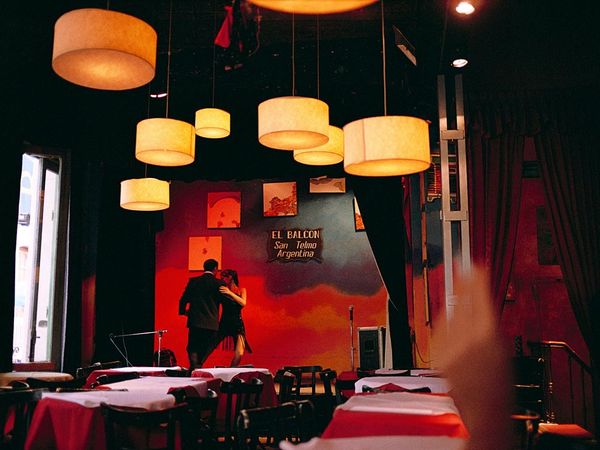Piazzolla’s “The Four Seasons of Buenos Aires”: Winter and Spring
During his student days, Astor Piazzolla (1921-1992) attempted to run away from his Argentine Tango roots, only to return home. In 1954, he wrote a symphony for the Buenos Aires Philharmonic which earned him a scholarship to study in Paris with the legendary Nadia Boulanger. It was in a lesson with Boulanger that the young Piazzolla was encouraged to embrace his authentic voice. In his memoir, the composer recalled, She kept asking: …





